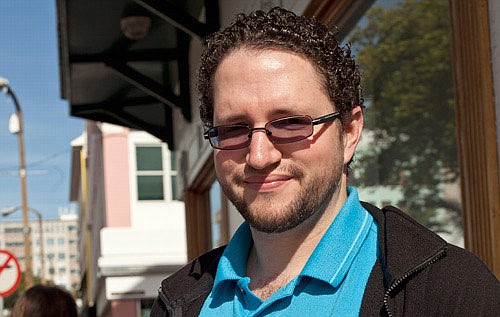June 27, 2014 at 11:07 a.m.
Part I of II
The push to drug-test MPs has a long political history. It started under the Reagan administration of the 1980s, when the ‘war on drugs’ was accelerated, despite evidence that drug use was declining.
The call then (and since) for politicians and candidates to take drug tests was used politically for symbolic purposes. The symbolism of testing ‘clean’ was used as a metaphor for the politician to be ‘clean’ in the political sense. Even the act of volunteering for such tests was argued as being ‘transparent’ and used as a metaphor for ‘transparent politics’.
In this they were — and are — essentially a political gimmick, one more weapon in a campaign’s arsenal of superficial politics.
They also helped to reinforce certain myths about drug use, portraying it as a symbol of individual moral failure rather than a health issue or a symptom of wider structural problems in society.
They also confuse ‘drug-use’ with ‘drug-abuse’. Drug abuse is only when drugs negatively impact on health and work and family. The majority of drug use, however, is casual, especially the use of cannabis. This casual use does not impact one’s health or ability to function as a productive member of society in and of itself, but the criminal approach to it can have that effect.
Drug tests only indicate past use of drugs. They do not indicate whether this use is casual use or abuse — and in the latter case this is usually apparent without the need for drug tests.
Drug tests have a use, but that use is as part of a holistic drug treatment for an individual, and where they are used not to punish but rather to gauge the success of the treatment. Applied outside of such an approach — or beyond testing solely for performance-enhancing drugs in athletes — is a misapplication of the technology.
Drug tests are often done by companies that also offer drug treatment services for individuals who fail their tests, generally as part of an Employee Assistance Programme (EAP) — and are often covered by health insurance at one’s workplace.
With the push to introduce drug-testing for MPs, it wouldn’t be surprising if drug-testing companies like Benedict Associates (who do the tests for the OBA, and the UBP before them), that also runs EAP programmes (based on a review of their website), stand to profit from this move.
After all, just as some have called for MPs to be tested because some workers currently are, it’s not hard to envision the argument being reversed to ‘all workers should be tested — even the MPs are!’
Drug tests allow employers to police their workers beyond the workplace, by offering insight into their private lives. If a worker is impaired or otherwise abusing drugs, this is going to be identified without drug tests. Instead, the drug tests allow employers a tool to discipline workers through both the act of testing (an invasive and sometimes humiliating procedure) and by peering into their workers’ lives outside of work.
As noted by an ILO paper ‘Ethical issues in workplace drug-testing in Europe’: “…workplace drug testing can be misused as a convenient method for getting rid of unwanted workers”.
Workers’ organizations have collected a litany of concerns: intruding on the privacy of menstruating women; employers using drug tests to test for pregnancy (and then withholding promotions and wages to pregnant workers — before even the worker knows of the pregnancy); confidentiality failures.
Drug testing is an inappropriate approach to drugs that reinforces certain drug myths while expanding social control. Expanding it to MPs risks further intrusion into workers’ private lives and undermines rational approaches to drug abuse. n

Comments:
You must login to comment.